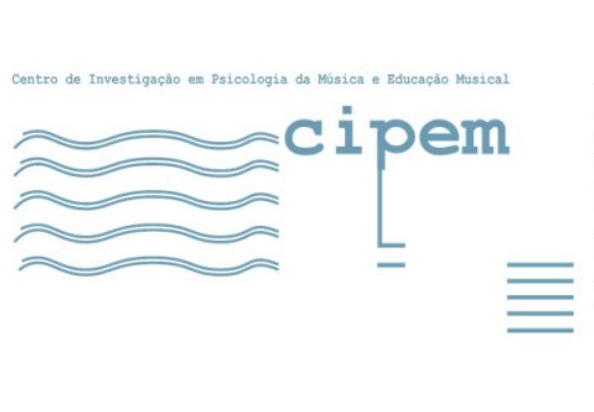Investigar o desenvolvimento musical da criança nos primeiros anos de escolaridade
DOI:
https://doi.org/10.26537/rmpe.v0i1.2393Abstract
Este artigo discute, em geral, os problemas que se colocam na investigação em contexto de sala de aula e, em particular, na investigação sobre o desenvolvimento musical. Na primeira parte apresentam-se algumas perspectivas teóricas acerca da avaliação das capacidades musicais de crianças nos primeiros anos de escolaridade, bem como investigação nesta área do conhecimento. Na segunda parte discutem-se alguns exemplos práticos extraídos de um estudo levado a cabo pela autora, tendo em conta, por um lado, a possibilidade da sua aplicação futura e, por outro, os resultados obtidos.
Downloads
Published
2017-11-27
How to Cite
Mota, G. (2017). Investigar o desenvolvimento musical da criança nos primeiros anos de escolaridade. Journal Music, Psychology and Education, (1), 27–34. https://doi.org/10.26537/rmpe.v0i1.2393
Issue
Section
Articles
License
Copyright (c) 2023 Graça Mota

This work is licensed under a Creative Commons Attribution-NonCommercial-NoDerivatives 4.0 International License.




